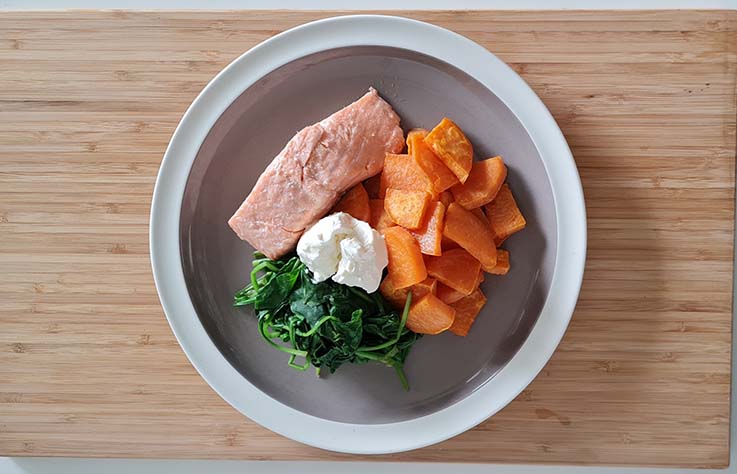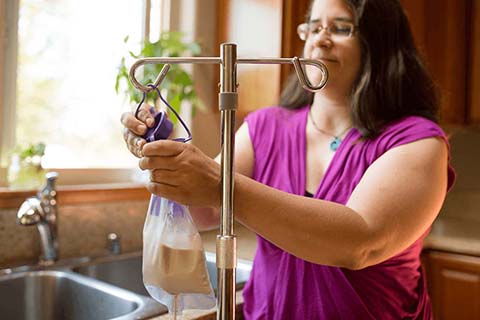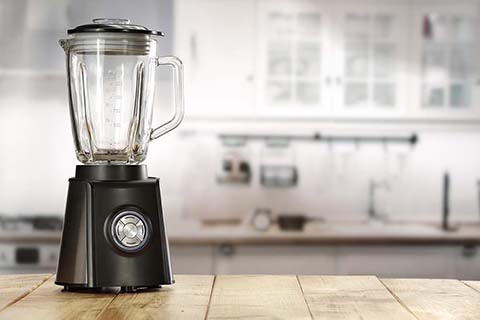Symptom Diaries
Recognise the tube feeding symptoms you should discuss with your dietitian during appointments and learn how to manage these effectively together.
Contributing expert: Harriet Farr, Senior Paediatric Dietitian
Symptoms: what to tell your dietitian during appointments
You may be wondering what symptoms/behaviour you should tell your dietitian about during appointments. Here are some common symptoms associated with tube feeding ‘intolerance’, which you should mention to your dietitian:
- Reflux
- Tummy pain
- Sickness
- Bloating
- Unusual poo patterns or diarrhoea
- Cramping
It is your dietitian’s responsibility to help manage these symptoms. If you notice one or more of the symptoms mentioned above, your dietitian will look at the type of feed your child has, total volume and the rate feeds are given to try and help relieve any discomfort.
While feed can sometimes be the cause of these symptoms, there can be other factors like medication, deterioration of underlying medical conditions and allergies that can worsen the above symptoms. Therefore, your dietitian will look at all aspects of a child’s routine before suggesting any immediate changes to a child’s feeding plan.
Symptoms: how to manage them
Your dietitian will work closely with you to help manage the child’s symptoms. This includes helping you understand which symptoms can be managed more easily, such as adjusting the measure of feed and which symptoms are more serious and require urgent medical attention.

Here are some examples of how to manage common symptoms, but please seek advice from your dietitian before making any changes:
- Very loose poo: The concentration of feed could be too much for the child, so your dietitian may suggest switching to a different feed that is less concentrated. Your dietitian may also ask if your child is on any laxatives, which may be contributing to looser poo. The dietitian may also consider the fibre content of your child's feed.
- Nausea/Sickness: The feed could be given too quickly, so it may help to slow this down.
- Difficulty passing poo: The feed may not contain enough fibre, so your dietitian will check this to help loosen bowel movements. The dietitian will also ask about your child's total daily fluid intake to ensure they are well hydrated.
- Reflux: The child’s position during a feed may need to change, so your dietitian will check this, or they may need to avoid being active straight after a feed to allow the feed to settle.
This is neither an exhaustive list of symptoms, nor a strict list on how best to manage them. This is an idea of what may often be considered as an initial solution to some common symptoms, but you should always speak to your dietitian for advice – particularly if any of the symptoms are persistent.
Click here for more information on keeping children safe during tube feeding.
For more advice on communicating with your dietitian, visit our ‘Ask a Dietitian’ or ‘Dietitian Appointments’ pages. You can even submit your own questions for future dietitian Q&As.






